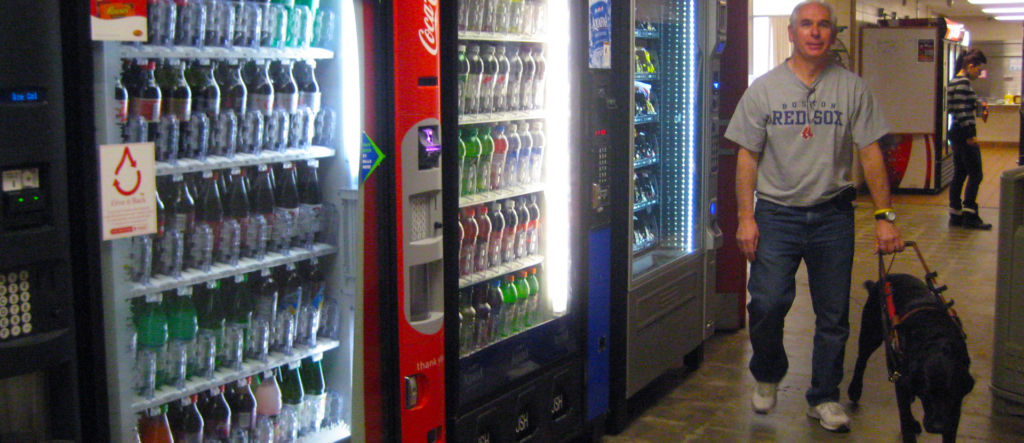
Blind individuals in Florida manage vending operations at all interstate rest areas, exemplifying independence, pride, and accomplishment through the Randolph-Sheppard Act. This program has been instrumental in enabling blind vendors to run vending facilities, including snack bars and vending machines, at these high-traffic locations. Here are the key aspects of how the act is implemented in Florida’s interstate rest areas:
Independence and Economic Empowerment:
- By managing vending operations at interstate rest areas, blind individuals gain financial independence and economic empowerment.
- The revenue generated from these operations provides a stable income and fosters a sense of pride and accomplishment.
Priority and Rights:
- The Randolph-Sheppard Act grants blind vendors priority in operating vending facilities on federal and interstate properties, including rest areas.
- This priority helps blind individuals secure valuable business locations without facing competition from non-blind vendors.
- Despite the benefits, blind vendors may face challenges such as maintaining and repairing vending machines, managing inventory, and handling administrative tasks.
- Coordination with state transportation authorities and ensuring compliance with regulations can also present difficulties.
- Many blind vendors in Florida have successfully managed their businesses at interstate rest areas, achieving financial independence and personal satisfaction.
- Their success stories serve as inspiration for other blind individuals considering entrepreneurship and participation in the Randolph-Sheppard program.

Prior to being assigned a location, blind vendors undergo extensive training provided by the State Licensing Agency (SLA). In Florida, this is the Division of Blind Services (DBS).Training covers business management, operation of vending machines, customer service, health and safety regulations, and financial management.
While each location is managed by a single blind individual, there is a support system in place to assist with challenges that may arise. This support includes technical assistance, administrative support from the SLA, and access to resources for repairs and maintenance. The SLA conducts regular inspections and provides ongoing training to ensure that vendors can maintain high standards of service and operation.